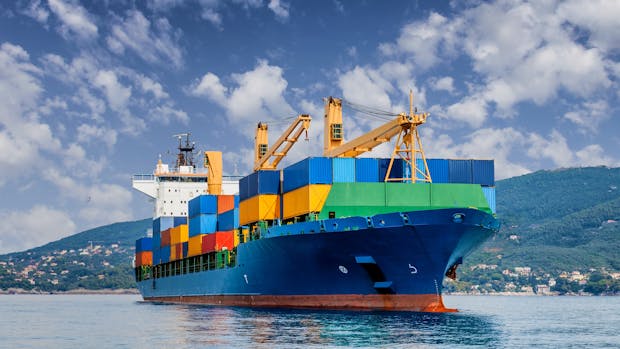Towards Net-Zero: A Carbon Levy on the Horizon?

During its 83rd session, scheduled for 7-11 April 2025, the International Maritime Organization (IMO) Marine Environment Protection Committee (MEPC) is set to approve the so-called "mid-term Greenhouse Gas (GHG) reduction measures". These measures are part of the IMO's net-zero framework, aimed at achieving the greenhouse gas (GHG) reduction objectives outlined in the 2023 IMO Strategy on Reduction of GHG Emissions from Ships, thereby facilitating the international shipping industry's transition to net-zero GHG emissions by or around, i.e. close to, 2050. The mid-term measures approved during the 83rd session are expected to be formally adopted in October 2025.
The proposed "mid-term GHG reduction measures" include a goal-based marine fuel standard that will mandate the phased implementation of fuels with lower GHG intensity, alongside a global maritime GHG emissions pricing mechanism. Key components of this strategy involve the introduction of economic measures such as a carbon levy or fuel tax on marine fuels, proportionate to the greenhouse gases they emit, thereby incentivising the use of lower-carbon alternatives.
As an IMO observer member, and the sole representative of the freight forwarding and logistics industry at the IMO, FIATA has submitted a document to the IMO outlining key considerations regarding the implementation of a carbon levy, particularly its potential impact on freight forwarders. FIATA’s submission builds on ongoing work within FIATA’s Working Group Sea to support freight forwarders in these developments whilst ensuring a fair and level playing field in the maritime supply chain.
Key points highlighted by FIATA in its submission include:
- Alerting that carbon levies may lead to increased costs for freight forwarders and end customers due to the transfer of costs.
- Highlighting that passing costs down the supply chain may undermine the levy’s goal of incentivising ship owners and operators to reduce emissions.
- Stressing that micro, small, and medium enterprises (MSMEs) may be disproportionately impacted by the financial burden of carbon levies.
- Emphasising the need for careful management during the implementation of carbon levies.
- Advocating for impact assessments for all stakeholders, especially focusing on the effects on MSMEs.
- Promoting the necessity for transparency and information sharing in transitioning to lower-carbon fuels.
FIATA fully supports the transition to a more sustainable supply chain while ensuring the interests of freight forwarders are safeguarded throughout this vital shift.
FIATA will continue to keep its Members informed about ongoing developments and welcomes any feedback from its membership at [email protected].